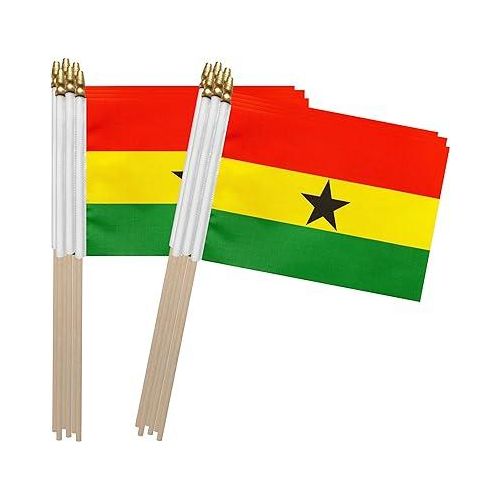
Ghana’s Policy rate is Ranked 3rd Highest in Sub-Saharan Africa- World Bank Report
Oct 11, 2025
by Robin Dahl Oct 11, 2025

October 11, 2025
Ghana has been ranked as the country with the third-highest policy rate in Sub-Saharan Africa, according to the World Bank's October 2025 Africa Pulse Report, despite significant efforts by the Bank of Ghana to reduce interest rates this year.
The World Bank's latest report reveals the following policy rate standings across the region:
Ghana's current policy rate of 21.5% represents a substantial decline from earlier in the year. The Bank of Ghana has cut its policy rate by 7.5 percentage points since January 2025, with the most recent reduction occurring in September 2025 when the Monetary Policy Committee (MPC) slashed the rate by 350 basis points.
This marks the lowest policy rate for Ghana since October 2022.
The central bank attributed the rate cuts to three key factors:
The World Bank report indicates that central banks across Sub-Saharan Africa are taking varied approaches to monetary policy:
Rate Cuts: Kenya, Mozambique, Lesotho, and South Africa have reduced their policy rates in response to improving inflation conditions.
Policy Pause: Angola, Botswana, Malawi, Rwanda, and Uganda have maintained their contractionary monetary policies for several months without further adjustments.
Rate Increases: Mauritius and Zambia have recently raised rates due to a slight resurgence of inflation in 2025.
The World Bank warned of several headwinds that could impact monetary policy normalization across the region:
These factors may heighten inflationary pressures and potentially delay the anticipated normalization of monetary policy across Sub-Saharan Africa.
Ghana's policy rate directly affects the cost of borrowing for commercial banks, which in turn influences lending rates for businesses and consumers. While the recent cuts signal improving economic conditions, Ghana's rate remains significantly higher than many regional peers, potentially affecting the country's competitiveness for investment and the cost of credit for local enterprises.
Source: World Bank October 2025 Africa Pulse Report